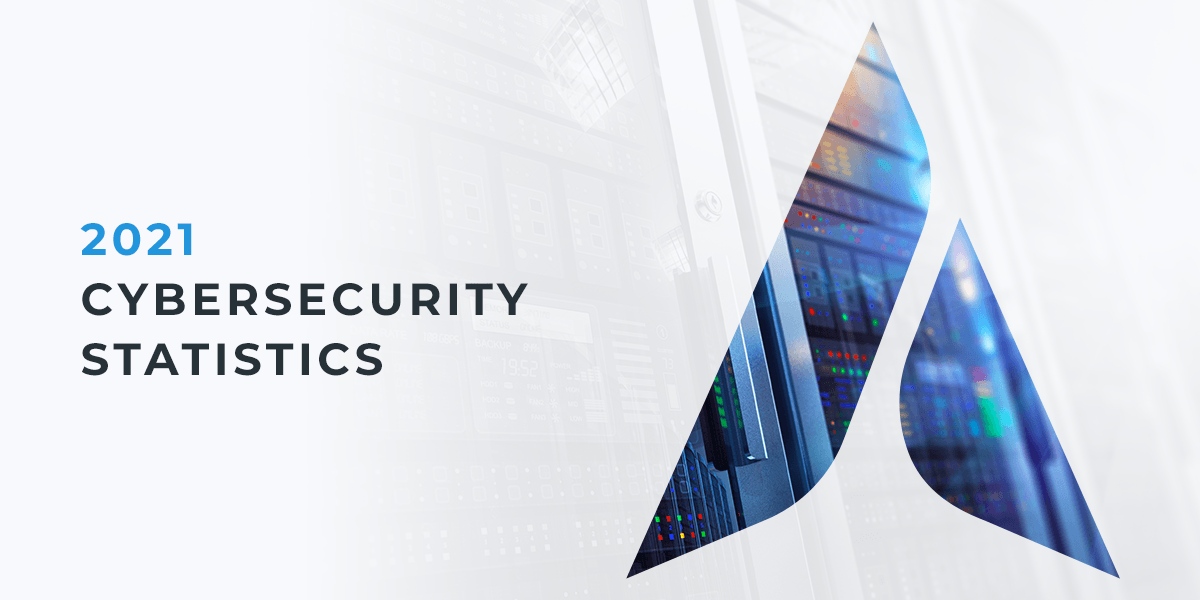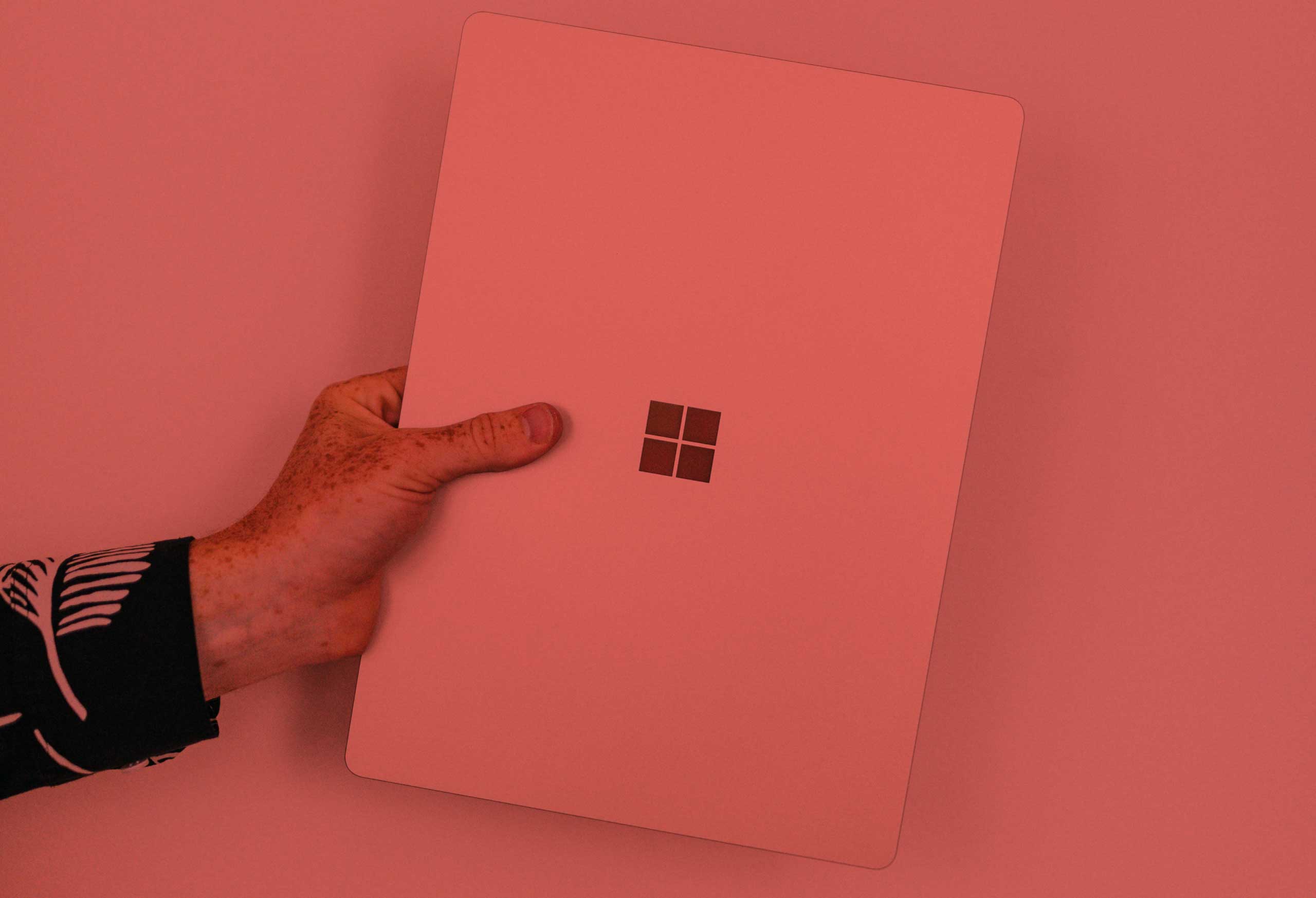Financial Services CCOs Look Ahead into 2024
Amidst a surge in cyberattacks over the past year Chief Compliance Officers (CCOs) in the investment management industry are increasingly recognizing it’s imperative to bolster their cybersecurity strategies. Agio’s 2023 Hedge Fund Cybersecurity Trends Report underscores this shift, revealing that 56 percent of CCOs report a rise in cyberattacks, with a substantial 89 percent witnessing heightened severity. Hybrid work environments, the use of social engineering tactics, and evolving motivations among attackers are the driving forces behind the surge in cyberattacks, compelling CCOs to proactively respond in the coming years.
As we delve into the perspectives of CCOs, a compelling story unfolds, showcasing their dynamic strategies in response to the escalating challenges posed by cyber threats. This narrative aligns with the experiences of other C-Suite executives, highlighting a common trend—consolidating Cybersecurity and Managed IT. Notably, 70 percent of CCOs, as indicated in our hedge fund cybersecurity survey series, concur that consolidating cyber operations and managed IT leads to an improved overall posture. This trend resonates with CFOs and COOs as well.
This blog unfolds CCO perspectives, outlining how they grapple with challenges and chart a course for transformative change, preparing for a resilient and compliant future.
Key Challenges Faced by Alternative Investment CCOs
- Regulatory and Investor Pressure: CCOs, CTOs, and CISOs have cited regulatory and investor pressure as a significant factor driving the decision to outsource cybersecurity.
- Increased Cyberattacks: Just more than half of CCOs said that cyberattacks have increased within the past year. Even more concerning, 89 percent of CCOs stated that these attacks have become more severe.
- IT and Cybersecurity Misalignment: CCOs overwhelmingly agree (70%) that consolidating cyber operations and managed IT boosts overall posture. This collective stance emphasizes the imperative for a unified approach to Managed IT and Cybersecurity, prompting CCOs to prioritize consolidation to effectively tackle the intricate landscape of cyber threats.
- In-House Cybersecurity: A noteworthy finding is that 95 percent of firms insource their cybersecurity programs, believing they can manage cybersecurity in-house. However, these firms have discovered that they are more vulnerable to attacks and are more frequently targeted than firms that outsource their cybersecurity.
- Future Outsourcing Trends: All firms that responded to our cybersecurity series that currently insource their cybersecurity intend to outsource within the next 24 months. Surprisingly, the reasons for insourcing in the first place align with the reasons for deciding to outsource, including improving cyber posture for hybrid environments, integrating cyber operations with core IT teams, and accessing regulatory and industry-specific expertise.
CCOs Strategic Changes for a Compliant Future
- Separating Risk Tests from Core Cyber: CCOs are proactively assembling a proficient team of risk testers. This strategic initiative not only aligns with the ongoing pursuit of vendor consolidation, but also caters to the increasing regulatory and investor expectations for independent testing. By adopting this approach, CCOs ensure a thorough and dedicated evaluation of cyber risk, demonstrating their commitment to meeting evolving industry standards and safeguarding organizational security.
- Enhanced Cyber Resilience with AI: Adopting Artificial Intelligence (AI) in cybersecurity operations is essential for staying ahead of evolving threats. According to 57 percent of outsourcing firms that participated in our cybersecurity survey, a vital service capability for MSPs is possessing advanced AI. CCOs should verify that their MSPs have these capabilities to strengthen their defense against cyberattacks.
- Outsourcing IT and Cybersecurity: CCOs should evaluate the benefits of outsourcing IT and cybersecurity to a specialized Managed Service Provider (MSP). With the right MSP you can elevate your business with services that may not be available in-house. You will outsource solutions that are more effective in improving your organization’s cyber posture, providing a fresh perspective on best practices, and offering regulatory expertise. And, as a CCO, you will have more time to focus on internal management.
- Consolidation of Cyber Operations: Our report reveals that all respondents agree that consolidating cyber operations and managed IT enhances defense readiness. under one single provider is simple: all your information and data under one roof. CCOs should collaborate with their IT and cyber teams to ensure a unified, well-coordinated approach. By combining these teams, you emphasize a seamless and transparent security environment.
- Compliance Awareness: COOs should focus on building a culture of compliance and cybersecurity awareness. Data-driven programs, training, and reporting mechanisms should be implemented to educate and engage employees effectively. By outsourcing to an MSP, CCOs will have more time and resources at hand to focus on such training.
Stay Compliant and Proactive Against Cyber Threats

Agio’s Hedge Fund Cybersecurity Report highlights the growing cyber threats faced by financial firms and the urgent need for innovative solutions.
By outsourcing cybersecurity, embracing AI, consolidating cyber operations, and prioritizing compliance awareness, CCOs can address these pain points effectively and fortify their organizations against cyber threats. The transition from in-house management to a more comprehensive and outsourced approach is not only a strategic choice but also a necessary one to navigate the complex cybersecurity challenges of the modern world.
Join Agio in protecting your data and fighting against these threats today. Contact us.
Share post
Featured Posts
Connect with us.
Need a solution? Want to partner with us? Please complete the fields below to connect with a member of our team.





